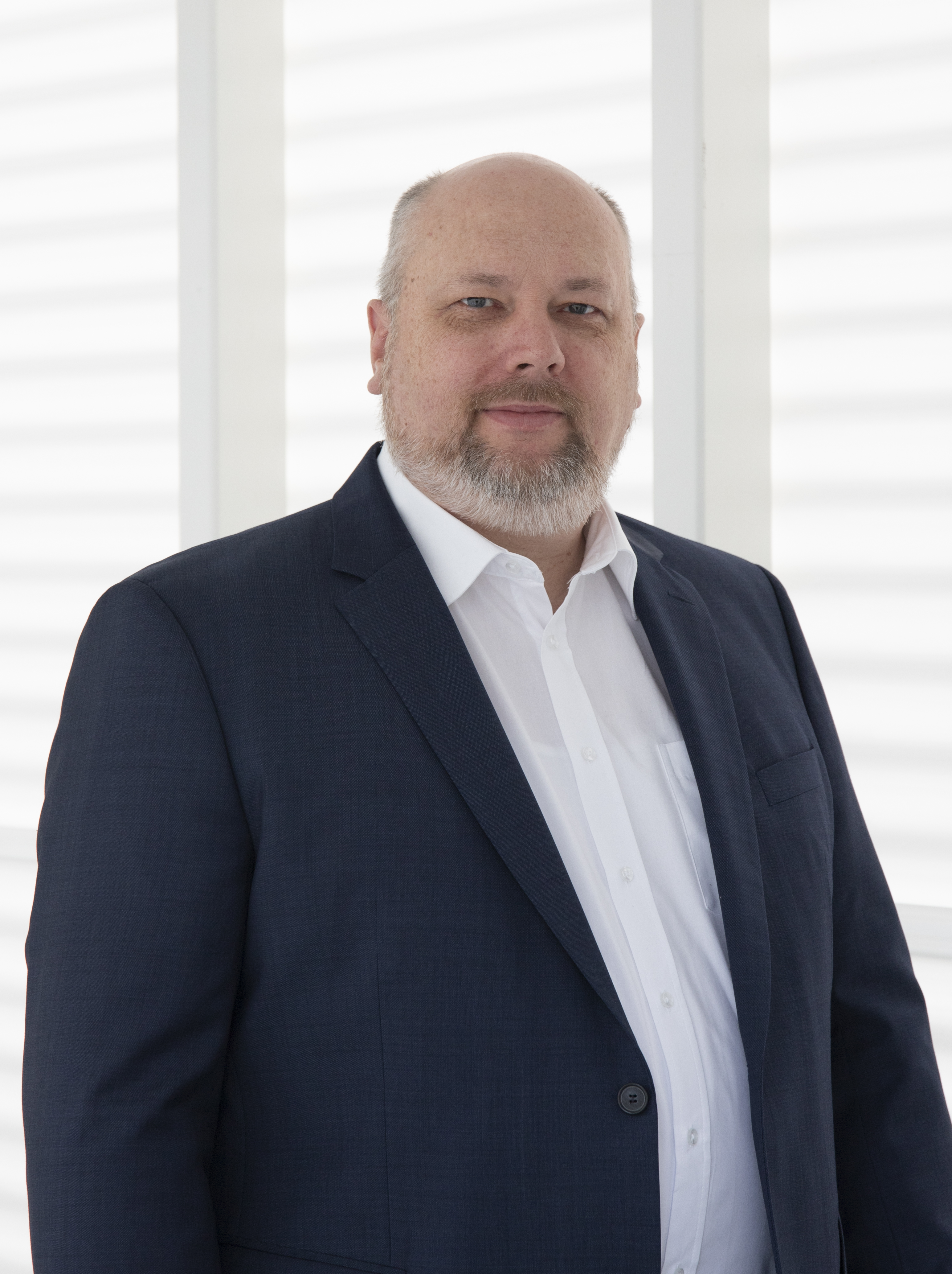New technologies for attractive urban living spaces
Be it autonomous driving, micro-deposits or underground transport: Fraunhofer IML pushes forward technology and concepts for innovative, digitally networked and low-emission supply and disposal of urban agglomerations. The institute is now contributing its expertise to the new "EIT Urban Mobility" network. A contribution by Volker Fennemann from Fraunhofer IML shows how Fraunhofer IML is working in this network to rethink urban space and create added value for citizens without impairing the achievement of goals.
The guarantee of individual mobility and a secure supply of households, trade and production locations are the central challenges of the increasing urbanization of cities. For this reason, municipalities and cities must create appropriate incentives to implement new logistics concepts. Urban logistics has to deal with possible tensions which can arise from increasing environmental requirements, economic challenges and ever more demanding expectations of people. Therefore, today’s logistics concepts must be both compatible with urban environments and resource- and infrastructure-conserving.
Opportunities and potential of new technologies
New forms of cooperation and new technologies build an important basis for such concepts. The increased number of traffic jams and the high volume of traffic in inner-city areas, for example, cause considerable organizational problems for parcel services. Therefore, Fraunhofer IML made a significant contribution to the development of a new handbook that shows fundamental planning aspects for the implementation of micro depots in cities with 150,000 up to 300,00 inhabitants. Micro depots are logistical micro locations in the heart of a city that, due to problems with transport capacities and range, fulfil the requirements for city-compatible delivery with freight bicycles and electric micro vehicles and shorten the last mile. According to that, the depots will be set up in existing properties that enable the parallel use of different parcel services.
The promotion of energy efficiency and the improvement of climate protection are further important tasks for logistics. In the joint project "ALEES – Autonomous Logistics Electric EntitieS for city distribution" for example, the project partners developed possible applications and use cases for electric automated vehicles as well as technical basic conditions for their realization. Fraunhofer IML focused on deriving the necessary interfaces and communication infrastructures, technical applicability, and integration of the vehicles into urban logistics.
In the “RadAR+” project, the Fraunhofer IML pursues a possibility to optimize the urban traffic flow or reduce traffic or avoid it at all within the context of intermodal travelling, i.e. the future of mobility. To facilitate the unproblematic and stress-free negotiation of complex future travel chains, the objective of the “RadAR+” project funded by the German Federal Ministry of Education and Research (BMBF) is to develop a self-learning digital assistant for travelers on the basis of augmented reality.
This and other research work now contribute to the work of the Fraunhofer-Gesellschaft as a partner of the European Innovation Network EIT Urban Mobility. The EIT Urban Mobility acts to accelerate positive change on mobility to make urban spaces more worthwhile to live in. It does this by committing cities and citizens, putting new mobility solutions into practice and reclaiming public space for public use. Its commitment to the EIT Urban Mobility offers Fraunhofer IML the opportunity to turn cities in the whole of Europe into testbeds and living labs for solutions and models that it has already successfully tested in a local area or in a company-specific environment. Since the EIT Urban Mobility’s kick-off, the Fraunhofer IML scientists have already been able to put numerous of their topics on the agenda of the innovation network – always with the aim of preserving and expanding attractive living spaces.
ABOUT THE AUTHOR
Dipl.-Ing. (FH) Volker Fennemann is Head of Department Environment and Resource Logistics at Fraunhofer IML and is among the coordinators of Fraunhofer IML activities for the EIT Urban Mobility. The Fraunhofer-Gesellschaft is one of the 48 partners from 15 countries in the MOBilus consortium, which was selected a year ago by the European Institute of Innovation and Technology (EIT) as sponsor of the innovation network for cities worth living in.
MORE ABOUT THE TOPIC
In the interdisciplinary working group “Urban Logistics”, the scientists at Fraunhofer IML work on strategies and implementation concepts for companies in transport, trade and production, for local administrations and political decision-makers. The subject of this work are for example aspects of progressive digitization, technological maturity, economic and societal feasibility, logistical efficiency and ecological improvement potentials for climate protection and air pollution control. The topics range from alternative drive technologies, innovative goods transfer systems up to resilience in urban areas.
 Fraunhofer Institute for Material Flow and Logistics IML
Fraunhofer Institute for Material Flow and Logistics IML